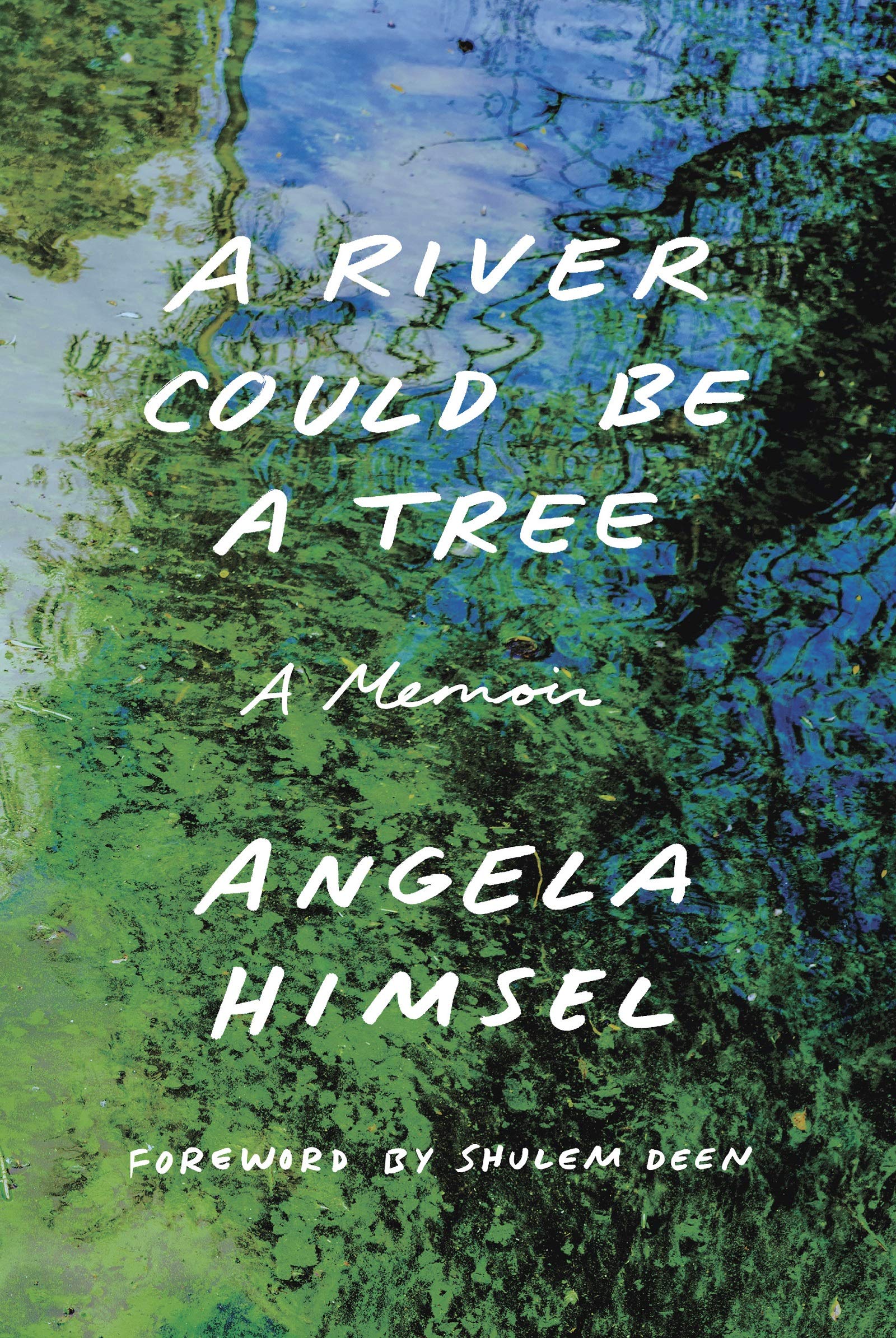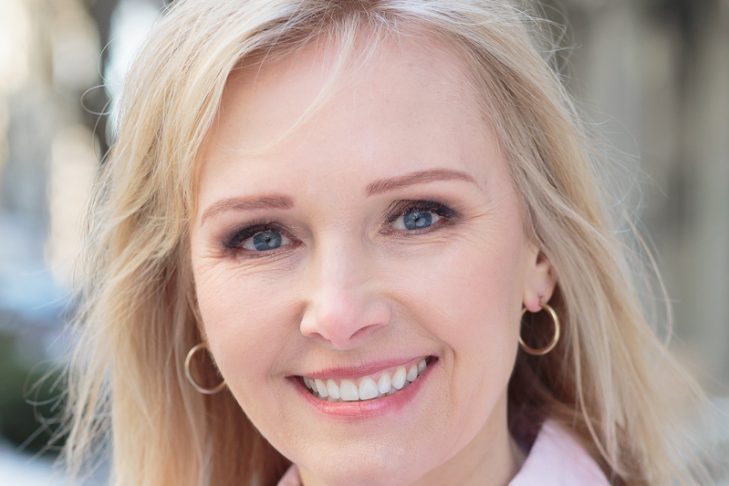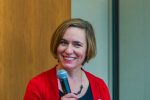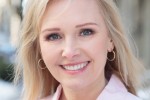Angela Himsel’s journey to Judaism has been one of serendipity, fate and ultimately reverence. Himsel, a 57-year-old mother of three children who lives on New York City’s Upper West Side, started life in Jasper, Indiana. Her family, which included 11 siblings, were members of the World Wide Church of God, a cult-like Christian sect. Devout members believed they would be raptured in Petra, Jordan. Church members also observed biblical holidays like Sukkot and the Sabbath on Saturday, while eschewing celebrating Christmas, Easter and birthdays. The group also followed dietary laws that prohibited eating pork or shellfish.
Although Himsel and her siblings attended public school, she was not encouraged to go to college. Nevertheless, she went to Indiana University, where one day, in the school’s study abroad office to investigate studying for a year in Germany, she spotted a pamphlet advertising a year of study at Hebrew University. She went to Hebrew University for her junior year and signed on for a second year, completing her university education in Israel. Throughout her time in Israel, Himsel remained Christian. The summer between her junior and senior year of college, she finally traveled to Germany to see family. She found herself considering what role, if any, they may have had in the Holocaust.
After graduation, Himsel moved to Manhattan and experienced the city as an adventurous 20-something. She worked in a law firm, where she met her future husband, who came from an Orthodox family. Throughout their courtship, Himsel grappled with her growing fascination with Judaism.
With a foreword contributed by Shulem Deen, “A River Could Be a Tree” is a beautifully rendered memoir. Himsel’s pacing throughout the book is perfect, and her story unforgettable. She recently spoke to JewishBoston about her new memoir and her Judaism.

What’s the origin of the book’s title?
It’s something my father said to me. The church was always pushing back against women, and I said to my father, “Women don’t have to be subservient to men.” In a scene in the book, I wrote that my father “was incensed that women no longer knew ‘their place.’ Dad made his case: ‘God created a role for everything in the universe. Just think what would happen if a river thought it could be a tree!’”
I struggled with the title. I wanted it to be evocative, but not too obvious. And I thought it would be nice to pull a line from the book. I like the title because it suggests the possibility of change. Maybe a Christian could become a Jew. The point is you don’t have to be stuck in roles.
Looking back, you celebrated what many might consider Jewish holidays and observed kosher-like dietary laws as a member of the Worldwide Church of God. When did it occur to you that you and your family were observing many of Judaism’s precepts?
I didn’t realize the Jewish elements of my religious practice until I went to Israel. As a child, I barely knew Jews existed and had practiced these holidays and followed the dietary laws for thousands of years. I had no clear idea about Jewish people.
I thought we were the only ones who had the truth and knew the ways we were supposed to observe laws and holidays.
You beautifully capture the ongoing transformation of becoming Jewish. What was it like to relive that journey in writing the book?
Related





